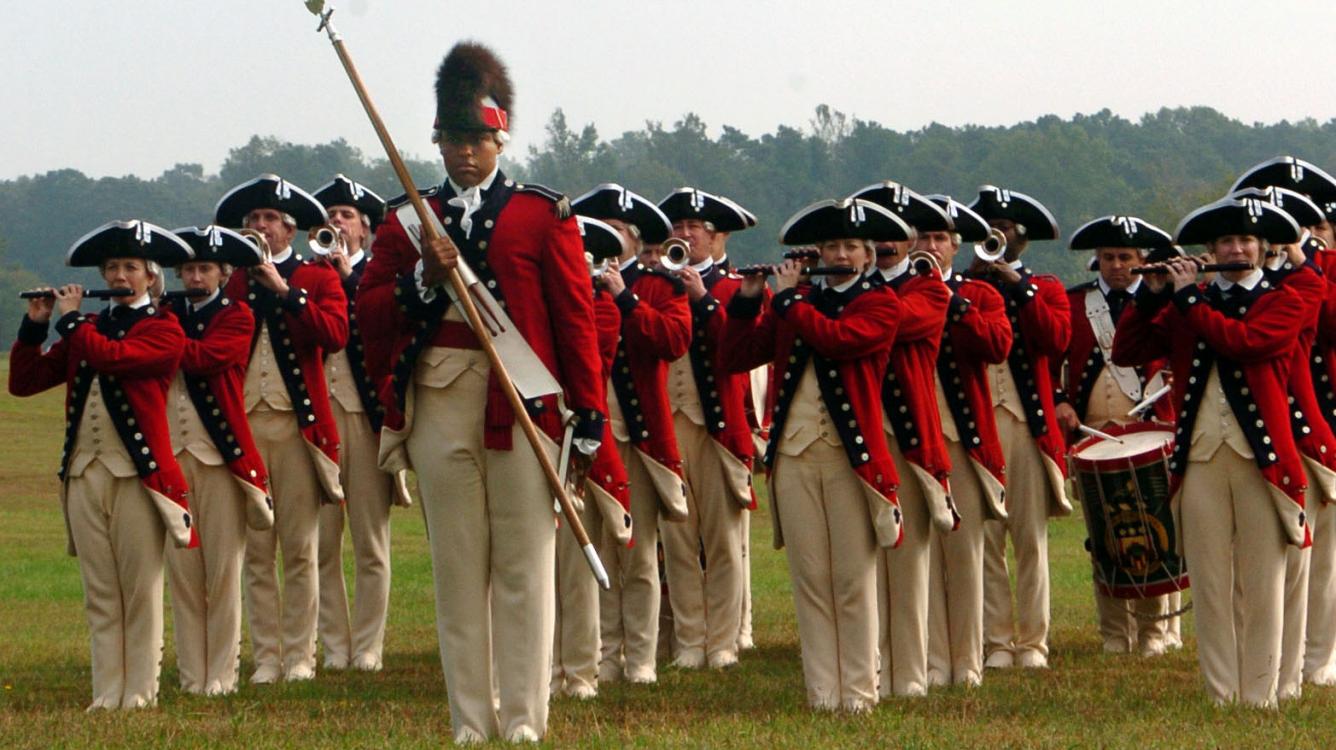
Don't Underestimate the Old Guard!
Nowadays, the main talk in the chess community is often about the latest young talent...for example:
Which one is the most promising?
Who will become the next World Champion?
Personally, I think it's wonderful that we encourage our talented young players and congratulate them when they have a result far beyond what, say, a non-chess player might expect of someone their age. I think one of the great advantages of chess as a sport and competition is that everyone competes on an equal footing at the start, and age is no barrier to participation - what affects the result is how well you played the game!
I remember, back when I was a junior, playing lots of chess tournaments, being a good chess player for my age provided me many opportunities to interact with adults and older children in a way that wouldn't have been possible without chess.
I don't know about you, but I found that I grew up more quickly as a result of being able to talk a lot with adults as a child and teenager, thanks to both of us having chess in common, and being able to discuss chess ideas and share our experiences intelligently. I could go on about the benefits of chess for me (e.g. greater confidence, sense of identity and so forth), but let's return to our main topic.
Just as we celebrate the achievements of young players who have great performances for their age, I think we should equally recognise and celebrate the achievements of older players, when they have standout results. Some of you might remember the late Viktor Kortschnoj, who was still playing very good chess (stronger than mine, anyway) in his 70s and 80s!
This blog post will not be as detailed in my analysis as some of my other posts, but I think you will nonetheless find it interesting.
First of all, those of you who have followed chess for many decades will know that, while Garry Kasparov was the World Champion from 1985-2000 (and the no.1 player on the FIDE ratings for the most part until his retirement in Linares 2005), Viswanathan Anand was the world's best rapid/blitz player for much of the 1990s and in the early 2000s. Even quite recently, he won the 2017 World Rapid Chess Championship, and also the 2018 Tata Steel India Rapid/Blitz event.
Here is a very convincing win of his against another strong Indian GM in that last event:
Now, some of you might be saying, 'OK, but Anand is an exception, he's a genius!' I don't deny that, but there are other recent examples of really great tournament performances by relatively older Grandmasters.
I hope that Estonian GM Kaido Kulaots will not take offence to being included with the likes of Anand, Kasparov and Kramnik as a relatively 'older' Grandmaster...but, after his 7/9 win of the Aeroflot Open, with a performance rating in the high 2800s, the comparisons are not just limited to age! I really loved the energy and vibrance with with Kulaots played as Black in this tournament, showing that you can still fight hard for the win with Black against strong players when you have a lot of energy!
However, I want to share with you his really interesting game against Khismatullin:
Meanwhile, in Round 9 of this season's German Bundesliga, the former World Championship finalist, Peter Leko, played the most recent World Championship finalist, Fabiano Caruana. Both of them have the distinction of having held their own (6-6) against the World Champion in their respective matches, but while Kramnik retained the title in the Kramnik-Leko match, due to the regulations of the match, Caruana had the opportunity to play a rapid tiebreak with Carlsen for the title, but ultimately fell short.
In any case, this game shows that being an older player doesn't stop you from playing truly amazing chess, when you're in form!
Finally, it is important not to underestimate an older Grandmaster, when we are paired with them! As we saw in the previous Leko game, they can still be quite dangerous, even for the world's best players, when they're in form! Here's a game where a young Carlsen (but already the world no.1 by then!) was punished for trying too hard to be creative in a blindfold rapid game:
Want to enjoy more free chess content by GM Max Illingworth? Check out my new Youtube channel: https://www.youtube.com/channel/UCBtOLSYswqKQrN-MMVVgpiw
